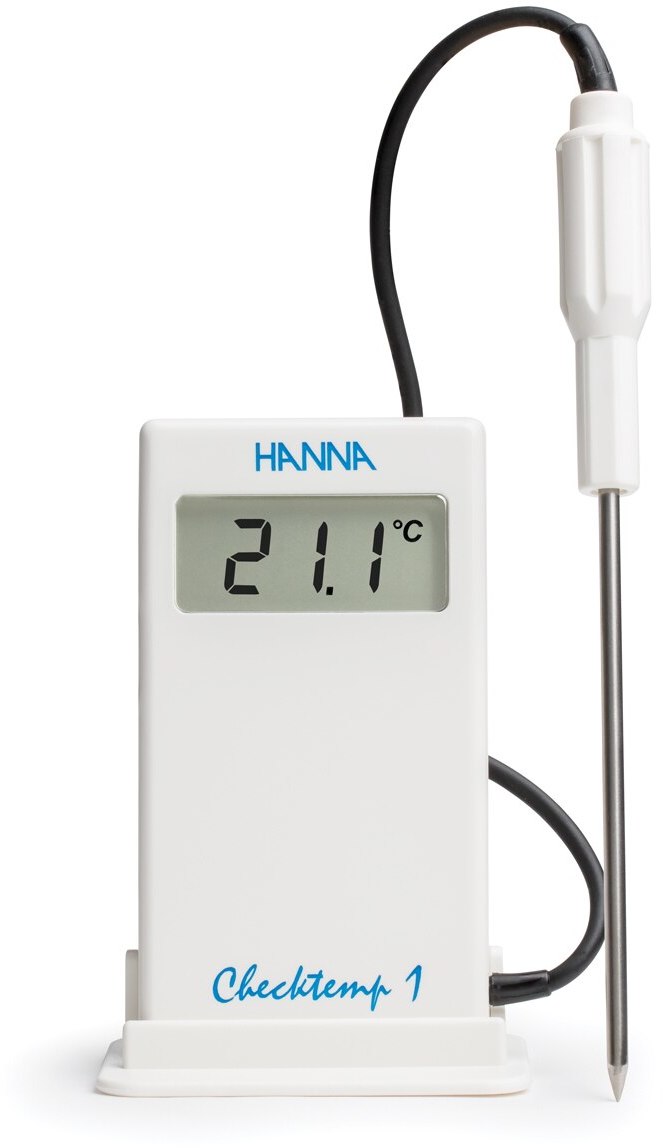Politico learned about the plans of the EC to discuss the expansion of sanctions against Russia

The European Commission (EC) this week is ready to start negotiations with the EU countries on the preparation of a new - ninth - package of sanctions against RUSSIA, Politico reports, citing officials.
According to Politico, such a move by Brussels is a “concession” to Warsaw, which “asked to link the price ceiling for Russian oil to the ninth package of sanctions against Russia.”
The publication notes that on the eve of the energy ministers of the EU resumed negotiations on setting a limit on the price of Russian oil. it was assumed that the countries of the bloc would announce the agreements reached on this issue last week, but there are still disagreements between them.
The White House considers the discussions of the West on the oil price ceiling successful Politics
After the start of the Russian special operation in Ukraine, the goals of which Vladimir Putin called the "denazification" and "demilitarization" of the neighboring state, many countries, including the EU countries, imposed or tightened sanctions against Moscow. As BLOOMBERG pointed out, back in March, Russia became the world leader in the number of restrictions imposed against it - their number exceeded 10 thousand, including more than 1.1 thousand from the European Union.
The previous, eighth package of sanctions against Russia was adopted by the EU on 6 October. In particular, it included the introduction of a price ceiling for Russian oil, a ban on the import of a number of goods and EXPORT restrictions. The latter will restrict Russia's access to goods for the defense sector and industry, technologies. In addition, the EU expanded restrictions on the use of crypto assets by Russians in European jurisdiction, banning the use of crypto wallets and crypto accounts, regardless of the amount on the account in euro equivalent (previously, the ban did not apply to amounts up to €10,000).
Politico previously reported that the main measure under the ninth package could be a large-scale expansion of the list of individuals subject to EU sanctions. As Prime Minister of Ukraine Denys Shmyhal reported the day before, following negotiations with the foreign ministers of the Baltic countries, as well as Iceland, Norway, Sweden and Finland, the ninth package of sanctions against Russia may include a complete shutdown of Russian banks from SWIFT and a ban on Russians from entering the EU.
Read on RBC Pro Is it worth changing the culture in a company when nothing is clear The redistribution of the global car market is coming. Who will fall out of the race - The Economist Gold bars in pockets:How EU sanctions work EU
restrictive measures prohibit European companies and banks from any economic activity with a sanctioned person and businesses owned by him. The basic rules for dealing with Russians under sanctions are formulated in the very first EU document on this topic - a regulation dated March 17, 2014, imposing restrictive measures for "actions that undermine the territorial integrity and sovereignty of Ukraine," a sanctions researcher at the European University Institute in Florence told RBC Jan Lepeu.
“No funds and economic resources should be provided directly or indirectly to individuals or legal entities, organizations and government bodies” included in the sanctions list, follows from the document.
In practice, this means that European companies are not entitled to supply goods (services) to a person included in the sanctions list and purchase goods (services) from him. This directly follows from two conclusions of the European Commission - from June 2020 and June 2021, dedicated to the analysis of sanctions cases (.pdf, pdf).




























































